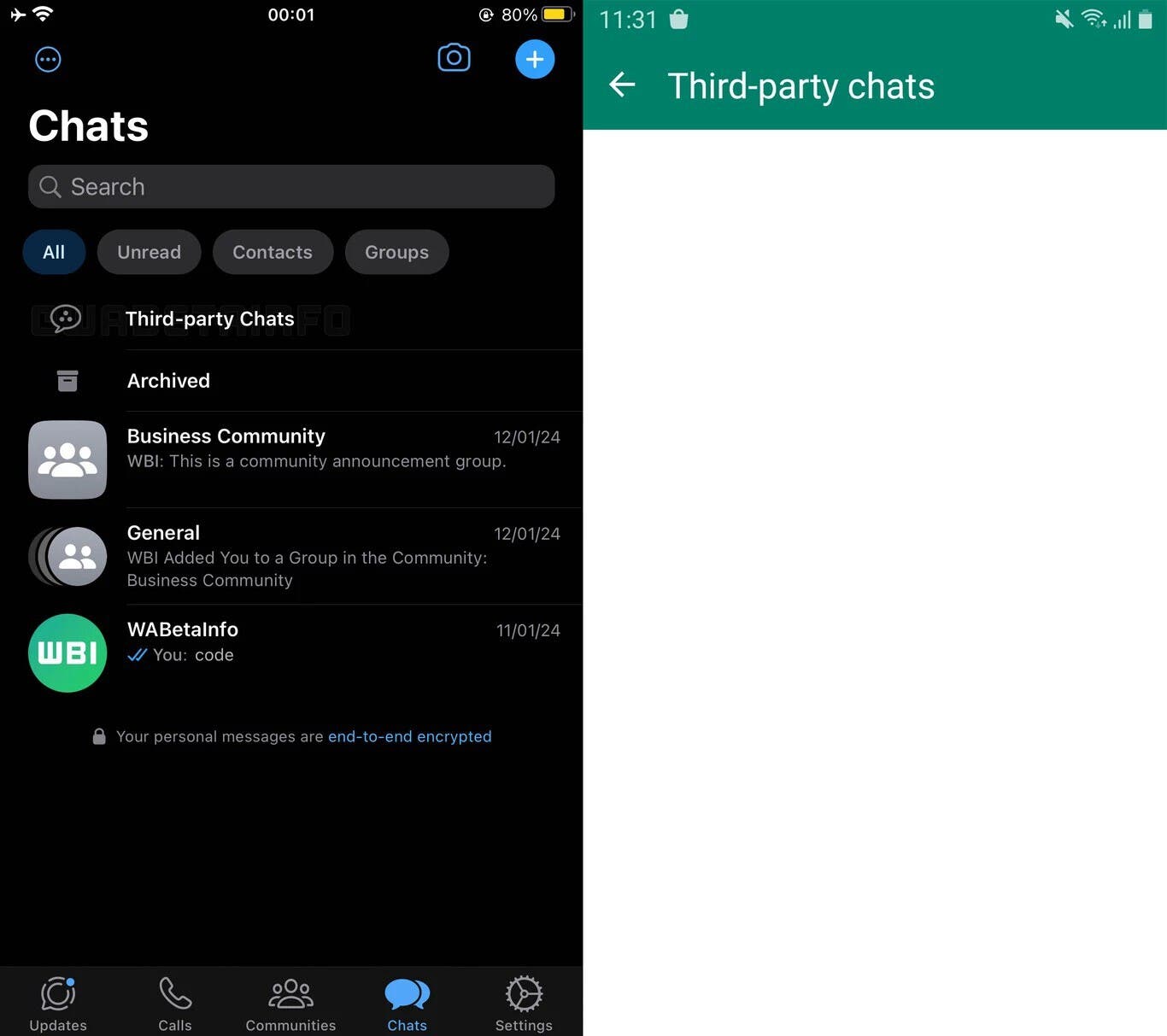For years, the walled garden of WhatsApp has stood firm, isolating users from those on other messaging platforms. However, this March, a long-awaited change will shatter these barriers, as WhatsApp integrates interoperability with other apps. This article delves into the implications of this shift, exploring its potential benefits, challenges, and the complex dance between connectivity and privacy.
WhatsApp Embraces Interoperability: A Revolution in Messaging or a Privacy Tightrope Walk?

The announcement, confirmed by WhatsApp’s engineering director, Dick Brouwer, marks a significant milestone. Users will soon be able to read and send messages to contacts on other platforms – potentially iMessage, Telegram, Google Messages, and more – without needing to switch apps. This convenience factor carries immense appeal, fostering seamless communication across communication divides.
However, achieving this seamlessness poses a major challenge: balancing interoperability with WhatsApp’s cornerstone feature – end-to-end encryption. Brouwer acknowledges this “real tension,” echoing similar concerns surrounding Apple’s iMessage interoperability with RCS. Navigating this tension becomes crucial to ensure user trust and data security remain paramount.
The driving force behind this change isn’t solely user demand, but the European Union’s Digital Markets Act (DMA). Enacted in March 2024, the DMA targets “gatekeepers” like Meta and WhatsApp, compelling them to open their platforms to foster competition and user choice. This regulatory pressure has accelerated the interoperability timeline, pushing WhatsApp to comply or face sanctions.
While the precise implementation remains under wraps, early details suggest a nuanced approach. Instead of direct peer-to-peer connections, WhatsApp plans to document its protocol, allowing other apps to connect to its servers. This centralized hub raises questions about potential data access and potential vulnerabilities. Transparency and clear communication will be essential to assuage user concerns.
The initial phase will focus on message exchange, expanding later to include images, videos, and voice notes. Calls and group chats may follow, further enhancing cross-platform interaction. However, user control remains a key aspect. Interoperability will be opt-in, allowing users to choose whether to open their WhatsApp to external connections.
This decision presents an intriguing dilemma. Embracing interoperability offers undeniable convenience, bridging communication gaps and fostering connection. Yet, concerns about data privacy and potential security risks linger. Ultimately, users will decide whether the convenience outweighs the perceived risks.
The coming months will be crucial for WhatsApp. Implementing interoperability transparently and securely is critical to maintaining user trust. As we witness this communication landscape evolve, one thing remains clear: the lines between messaging platforms are blurring, and the choices we make about our digital connections will become increasingly important.




